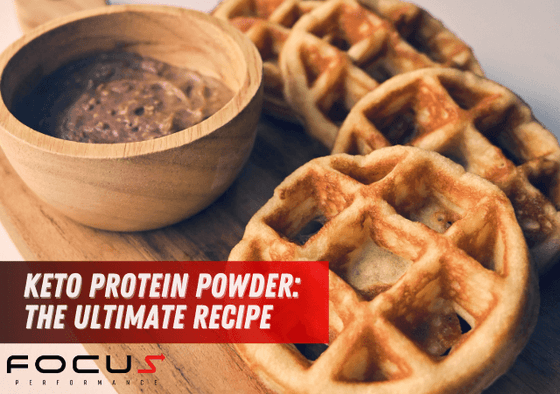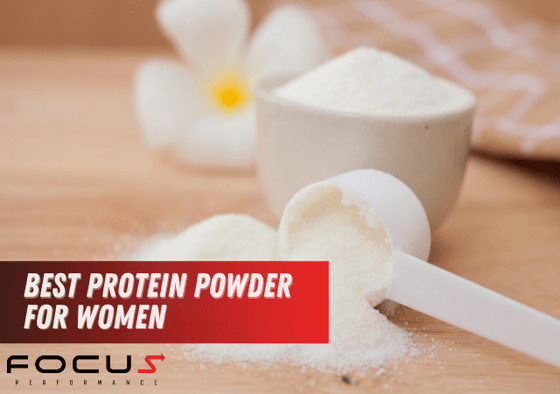
The health and fitness industry is constantly plagued by a mix of different opinions. One month a new diet is all the rage and the next thing you know it’s really bad for you. It’s difficult to know what advice to take on board and what to discard. For health and fitness professionals it can be very frustrating when people constantly believe things that are not true. Here are 18 common health, fitness and nutrition myths that aren’t true.

You need fat in your diet, it has many benefits to the functions of the body. It helps with energy, vitamin absorption and insulation. Avoid trans fats and instead have a healthy balance of monounsaturated, polyunsaturated and saturated fats. Top foods with healthy fats include uncooked olive oil, avocado and nuts.
This is just too much of a blanket expression. Some people may need to eat carbs later on in the day if they train in the evenings or work shifts. Not having carbs after 6pm isn’t going to magically transform your body.

Although FAD/crash diets will get you quick results they won’t be sustained. Some crash diets are not very good for you and should be approached with caution. Cutting essential nutrients out of your diet isn’t the way to go.

Most people when they start off at the gym will just stick to cardio machines because they think it makes the biggest difference. When you exercise, the first thing your body uses as energy is sugar, for the average person this takes around 30 mins to burn off. Within that time your body isn’t even focusing on fat as an energy source. A much more efficient way if you are looking to lose weight is to start with weights and finish with cardio.
Women generally don’t produce enough testosterone (muscle building hormone which is prominent in men) to rapidly put muscle mass on. Weights are a fantastic way to tone and firm up your body.

Many people will do sit ups incorrectly and they only focus on the upper part of their core which is an area most people use a lot anyway. The areas you need to focus on include your obliques, lower abdomen and lower back. Sit ups do not engage these other important areas.
This is a very common misconception. If you go in the sauna you won’t sweat out the alcohol, all you are losing is water from your body, which is something you need to recover. Alcohol is a diuretic which means it will get rid of the water in your body. People that think going in the sauna will help a hangover could in fact be making it worse.

How much you sweat depends on what type of exercise you are doing and how your body reacts to heat. When you sweat you are losing water not fat, it’s your body’s way of cooling you down. Sweating has nothing to do with fat loss or the amount of calories you burn. Some people just naturally sweat more than others.
When people get into a new exercise regime they often think they need to workout every day. Your body needs rest and if you train too hard your body won’t be able to recover. You don’t need to train every day of the week to notice a difference.
If you start with weights you should be able to lift heavier weights as you won’t be tired from doing cardio. Moreover, if you have used all your energy up during cardio your technique may suffer when you come to do weights. You are also likely to burn more calories by doing weights first as you have the energy to put everything into each lift. Weight workouts will help you to burn off excess sugar and you will be using carbohydrates, when you do cardio you will burn more calories and can focus on fat burning.

Protein brands can vary significantly. There are different types of protein that companies use such as whey, casein and soy. They can also vary the amount of protein/carbohydrates depending on the purpose of the protein. Choose a protein that will help you to achieve your health and fitness goals.

Carbohydrates are an important part of your diet. Don’t completely cut out carbs from your diet, they are your main source of energy and you wouldn’t function very well without them. If you don’t eat carbs your body will begin to use fat and protein for energy.
When you see a huge guy or girl in the gym, don’t assume that they are stronger than you. For example, bodybuilders will look much bigger than weightlifters but who do you think has the strength to lift more weight?
There is no point embarking on a gruelling exercise routine if you don’t change your diet. You need to do exercise to stay fit and healthy but what you eat will have a bigger impact on your weight.

If you think that doing exercises in certain areas will help you target fat burn you are in denial. The body doesn’t discriminate where it takes fat from and fat storage varies for different people. When you embark on a mission to lose weight you will be losing fat from all over your body. People think they can target specific areas because you appear to lose weight more in areas where there is naturally less fat. Targeting fat loss is physiologically impossible.
So many people judge improvement based only on weight. Weight isn’t always an accurate reflection of how well you are doing. If you are doing weights you may build some muscle which is heavier than fat. However, your body might be smaller and more toned. Choose an integrated approach to measuring your progress. Make a note of your body fat percentage and body measurements as well as your weight will give you a better indication of your progress.

When people want to eat healthy, one of the first things they do is stock up on lots of fruit. Fruit is good for you and you should have a few portions a day but don’t go overboard. Fruit is actually very high in sugar and some fruits can be high in calories. Vegetables have more beneficial vitamins and minerals and fewer calories than fruit.

Many people start running as a way of losing weight and get frustrated when they don’t see any results. You need to run for at least 30 minutes before you start burning fat. Running is also a high impact sport that’s not great for your joints. Weight and interval training is a far more effective way of targeting fat. Running can definitely be beneficial if combined with other types of training.
Despite the benefits we’ve learned about protein powders, not all of them are keto-friendly. Just like any product for people on a low-carb diet, you need to read the label closely to make sure you’re not consuming added carbs and sugars.


Scott Reid
Author
Scott Reid is a 2 x Britain’s Strongest Man U105kg winner (2007 & 2008) and IFSA World's Strongest Man U105kg Competitor. He is an expert in strength and conditioning and also coaches functional nutrition. Scott’s passion for understanding the human body and how to optimise every aspect of it has driven him to study under legends such as Paul Chek. Scott now coaches MMA Athletes, Strongmen and Bodybuilders to name but a few, helping them to implement a well structured diet and become more powerful, explosive versions of themselves.